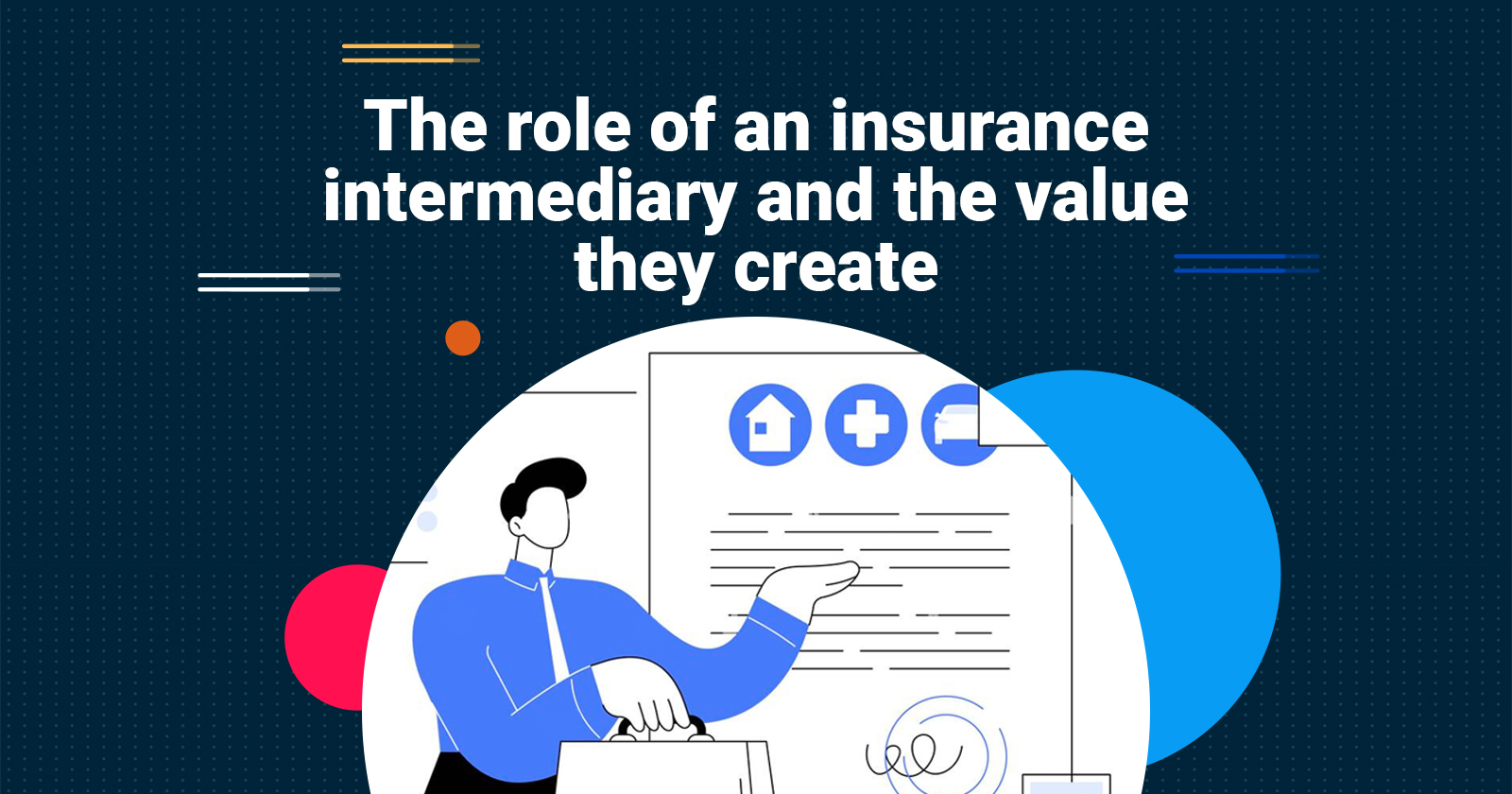
You may think it weird that we are writing a commentary piece on insurance intermediaries, when our main readers ARE insurance intermediaries. We felt the need to speak out in this commentary so that we can help articulate and emphasise the value of an insurance intermediary. First thing’s first… Everyone innately understands the importance and need for insurance. But insurance really also serves a broad public interest beyond business affairs. It actually protects a large part of a country’s wealth! Wow… this is getting heavy In a nutshell, insurance is an essential means by which a disaster faced by an individual or business is shared by many; unforeseen catastrophes are then lessened, and so, become repairable, where financial or similar loss is alleviated. And THAT is the reason why insurance is an important element of national economies. In the business or commercial world, without insurance coverage and a risk transfer mechanism, it is arguably impossible for them to be functional – for example, it allows businesses to take on credit that would be otherwise unavailable or protection against risks of expansion into unfamiliar markets. It is thus no surprise that some governments (including Singapore!) make it mandatory to purchase insurance for some businesses and even so, on a personal level, for example when we buy a car. The distribution of insurance is handled in a number of ways. One way is through the insurance intermediaries. Intermediaries, as the name suggests, serves as the critical link between insurers and the end policyholder, be it at the business or personal level. They offer advice and key information (amongst many other things) in connection with the negotiation or sale of insurance. Intermediaries are players in the ecosystem with broad knowledge of BOTH the product and the marketplace. What this means is that they have an acute sense of the needs of the insurance purchasers and the product to match them with. We have mentioned in many of our past articles the importance of intermediaries and their role as an advisory. Essentially, Intermediaries provide customers with the necessary information required to make educated purchases/ informed decisions. Intermediaries are there to explain what their clients need, and the options available to them. While the internet has been godsent for anyone who needs to do research, the intermediaries act as the person with the knowledge to get the client started. Without a wholesome knowledge of the insurance industry, it is hard to even get going to do research OR trust the research you have done; essentially, clients don’t know what they don’t know. Intermediaries know the marketplace, they know their clients’ risks; they know the insurers willing to cover those risks; and they know the best way to secure that Coverage. Policyholders or clients do not have all the knowledge relevant to the placement of a policy. This brings with it a couple of problems – fair price negotiation, proper terms and conditions etc. They may know what risks they want to cover but do not have a wide overview of the right insurer to purchase from OR the conditions of the insurance market. On the flip side, insurers may have all the information in the market but are ultimately in a tough position to fully understand the prospective client. Enter the intermediary. They know the marketplace, they know where to get answers to questions, and they know what information is required on both sides. Of course, they then make all these mind-numbing information more easily understood to all parties of the transaction. The wise intermediary knows that long-term client and insurer relationships are important. As such, there is a strong incentive to ensure a mutually beneficial agreement on both the policyholder and insurer sides. Insurance, at its core, is basically one party offering a promise to another party, should something happen. For this promise to hold water, the insurer needs to properly understand the risk the policyholder presents. The intermediary bridges this relationship between insurer and policyholder – they have the expertise with the risk profiles presented by their clients and the savvy to go to the right place for the right coverage for each risk profile. With exposure to a multitude of clients, and a knowledge of placements, premiums and claims, the intermediary is well-positioned to help an insurer in the development of new insurance products with a ready market. Knowingly or unknowingly, the intermediary plays an important role in helping insuers make sure the risks they cover are insurable and have these risks be spread out appropriately. Intermediaries work with multiple insurers and a broad spectrum of clients. What this inadvertently does is spreading the insurer’s risks in their portfolios, and to a certain extent, helps ensure insurers do not become overly exposed in a particular type of risk or industry segment. — The content of this article (and more) will be further discussed in our upcoming webinar happening on 25 Jan ‘24 as well. Find out more and RSVP for the webinar here if you haven’t already done so! It is fuss-free. No credit card or payment required.Intermediaries
The tangible value intermediaries bring to the table
As advisors to the policyholder
Time spent on searching and researching
Bringing certainty to uncertainty
As information bearers for insurers
Spreading the risks
RSVP for our upcoming webinar happening 25 Jan ’24
Are you an Insurance intermediary? Sign up for free now!
Subscribe to our Telegram channel to get the most insightful articles delivered to you automatically!
